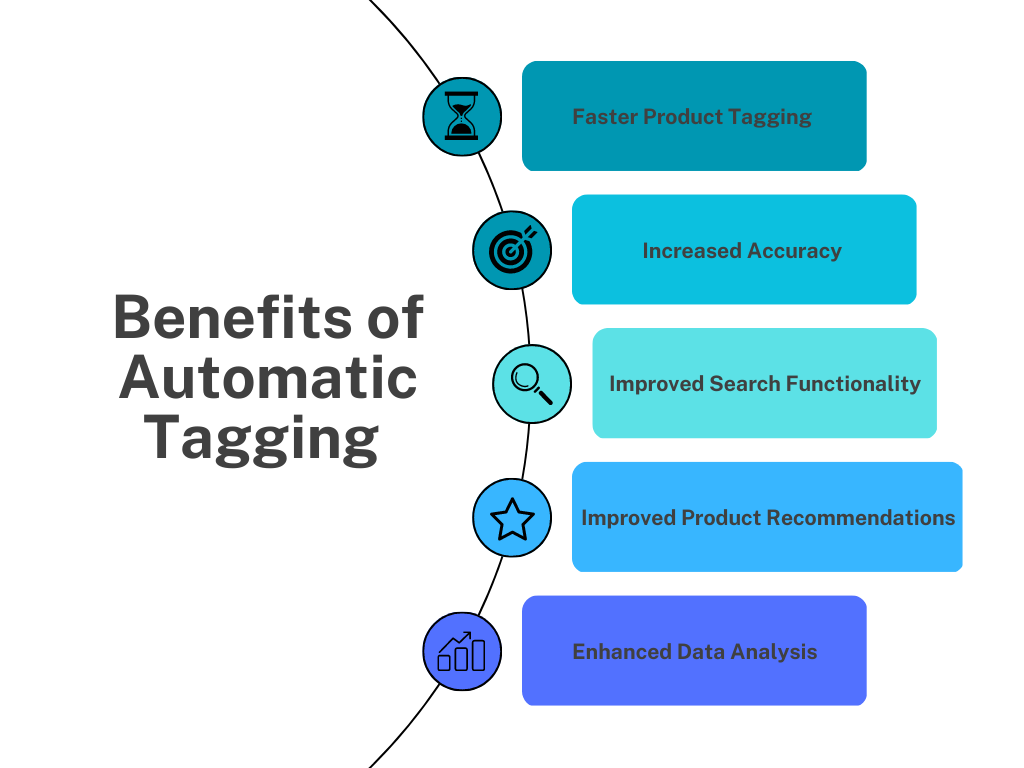We are pleased to welcome the e-commerce manager of a unique fashion ecommerce store. They specialize in sustainable and eco-friendly clothing, with a strong emphasis on customer experience and social responsibility. We believe that their perspective on the industry will be insightful and valuable to our readers.
Thank you for taking the time to meet wit us. Can you tell us a little bit about your fashion ecommerce store and what sets it apart from others in the industry?
Our store is unique in that we place a strong emphasis on sustainability and ethical production. We carefully curate our product offerings to ensure that they meet our standards for environmental and social responsibility. We also prioritize customer experience and strive to provide a personalized and engaging shopping experience for our customers.
That’s great to hear. How do you currently manage your product catalog, and what are some of the challenges you face in maintaining it?
We manually tag our products and categorize them by style, color, and size. One of the challenges we face is keeping up with the latest fashion trends while staying true to our values and maintaining the integrity of our brand. We also need to ensure that our product descriptions accurately reflect the sustainability and ethical aspects of our products.
Have you considered using image recognition technology to automate the tagging process and improve the accuracy of your product descriptions?
Yes, we have looked into it, and we believe it has the potential to improve our efficiency and accuracy. However, we also want to ensure that it aligns with our brand values and doesn’t compromise the quality of our customer experience.
What do you see as the future of online shopping experience in the fashion ecommerce industry, and what are your plans to stay ahead of the competition?
We believe that personalization and sustainability will continue to be important drivers of online shopping experience. In the future, we plan to invest in technologies that allow us to offer personalized recommendations and virtual try-on experiences. We also want to continue to innovate in our sustainability practices and provide greater transparency to our customers.
Thank you for sharing your insights with us. Before we conclude, do you have any advice for our readers who are also in the fashion ecommerce industry?
My advice would be to prioritize customer experience and social responsibility. Consumers are increasingly looking for brands that align with their values and provide a seamless and personalized shopping experience.
Lastly, what trends do you anticipate for the fashion ecommerce industry in 2023?
I think we will see continued growth in the sustainable and ethical fashion market, as well as greater adoption of technologies that enhance the online shopping experience, such as AR and VR. We also expect to see increased emphasis on inclusivity and diversity in the fashion industry.
Interview Insights
We hope you found this interview insightful and informative. The fashion e-commerce leader shared some valuable insights into the challenges and opportunities in the world of fashion ecommerce, particularly around product tagging and ensuring accurate and ethical product descriptions. We understand that manually tagging products and creating accurate and ethical product descriptions can be a tedious and time-consuming process for many fashion ecommerce stores. We want to emphasize that AI has been evolving rapidly, and what may have been impossible in the past may now be achievable. Some potential solutions could include:
- Use image recognition technology that leverages machine learning algorithms to automatically tag products based on their visual characteristics;
- Incorporate human input to ensure that product tags accurately reflect the product’s attributes and features. This can help ensure that the tagging process remains ethical and avoids any potentially harmful or discriminatory tags;
- Work with sustainability experts to ensure accurate and ethical product descriptions;
- Regularly review and update product descriptions to align with brand values and enhance customer experience.
We believe that by incorporating these innovative solutions and strategies, fashion e-commerce stores can not only improve efficiency and sales but also contribute to a more sustainable and responsible fashion industry.

If you’re interested in learning more about our services or how we can help you optimise your fashion e-commerce store, we offer a free consultation. Don’t hesitate to contact us.




